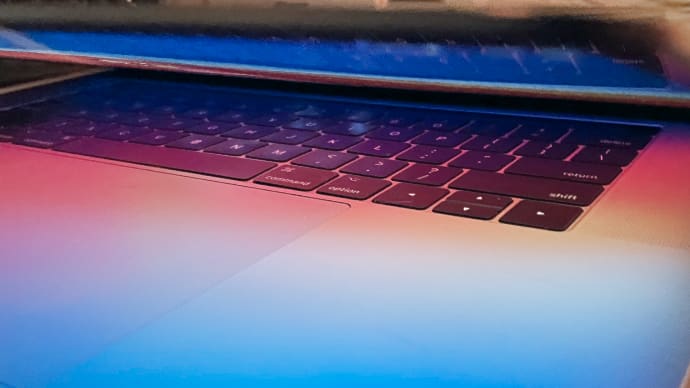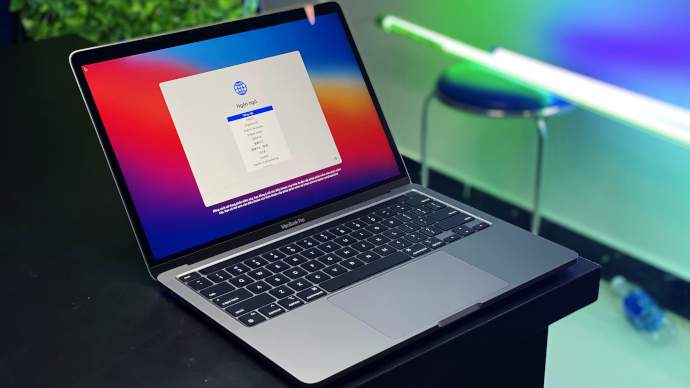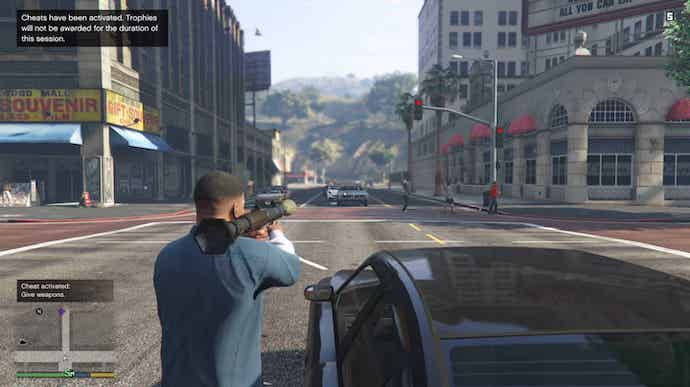Starting this year, for the first time in a long time, you can't buy a new MacBook with an Intel CPU. If you want a portable Mac, you're getting one with Apple Silicon—unless you're willing to buy used.
Apple still sells desktop computers running Intel, and they may continue to for a while, but Intel's days inside of Apple computers are numbered. Eventually, every Mac will run on Apple Silicon.
What does this mean for gaming on Mac? We'll have to wait a few years to see for sure, but here's what gaming on Apple Silicon looks like now.
Say Goodbye to Apple Boot Camp

Mention the words "MacBook" and "games" in the same sentence on the internet, and you'll get a thousand messages telling you to never buy a Mac for gaming. You'll also get a few messages imploring you to run Boot Camp and install a copy of Windows on your Mac.
Until recently, it was easy to run Apple's Boot Camp software and dual-boot macOS and Windows on the same computer. Assuming you had enough storage for both operating systems, it was the ideal setup that allowed you to run macOS and switch to Windows for games.
Unfortunately, even though Windows does offer versions that run on ARM processors, Windows doesn't run on Apple Silicon. This means if you buy a new MacBook, you're stuck running macOS only.
You can still run Windows games on macOS using Crossover or similar software, but you won't get the same performance as you could've gotten by running actual Windows on an Intel Mac.
Games That Aren't Apple Silicon Native

For best performance, Apple recommends that app and game developers specifically target Apple Silicon. But Apple knows that if no compatibility layer exists, tons of software would suddenly stop working.
Which is why Apple provides Rosetta 2 (named after the initial Rosetta, which enabled software for older PowerPC Macs to run on newer-at-the-time Intel Macs). Rosetta 2 allows apps that were created for Intel Macs to run on Apple Silicon using a compability layer.
Obviously, this will negatively affect performance for games. But Apple Silicon chips—especially the newer M1 Pro and M1 Max—are so fast that many games still work well.
This isn't the case for every game, of course, but it's worth keeping in mind that many games will still run better than you might expect even if they don't have an Apple Silicon version available.
Games That Are Apple Silicon Native

Surprisingly, there are plenty of games that already target Apple Silicon. For example, while the entire Apple Arcade lineup has yet to convert for native compatibility on Apple Silicon, most of them have been ported over—and many more continue to port over every month.
You might think of Apple Arcade games as "lesser" games, but throw your prejudices aside. There are quite a handful of deep, thoughtful, and surprisingly graphically impressive games on the platform.
One notable example is World of Warcraft. The powerhouse MMO runs natively on Apple Silicon, able to provide 60 FPS at 1080p even on the original M1 processor. Speaking of MMOs, space-faring economics simulator EVE Online also runs natively on Apple Silicon.
Several high-profile games already run natively on Apple Silicon as well. Story-centric RPG Disco Elysium and the upcoming Baldur's Gate 3 both run natively on Apple Silicon. More of a strategy fan? Total War: Warhammer III also runs natively on the system.
Not Everything Runs Well on Apple Silicon

As expected, there are still plenty of games that don't perform well on Apple Silicon—or even run at all.
One example that technically runs but isn't playable is Grand Theft Auto V. Even on the newer M1 Pro and M1 Max chips, the game struggles to hit a playable frame rate. (Future updates may remedy this. Fingers crossed.)
In other words, this just reaffirms one simple fact: while some games can run well under Rosetta 2, the compatibility layer is always going to introduce performance issues. Depending on the game, the sheer power of Apple Silicon may or may not be able to address that gap.
Ultimately, It's Up to the Developers

Over the next few years, we have the opportunity to watch and see what developers do with Apple Silicon. While many AAA developers chose not to target games for Intel Macs, we could see a change in attitude with Apple Silicon chips making their way into more Macs.
Why? Because many developers have already been making games for Apple Silicon for years—just not for Macs.
Look no further than the countless iPhone and iPad games to see plenty of examples already developed for Apple Silicon. Sure, not all of these are great, but there are some impressive-looking iPad games.
If developers take that experience of making mobile games and use the knowledge to start making games for Macs, we could see a new golden age of Mac gaming.
How likely is that to happen? Well, it's certainly not guaranteed by a long shot—but if Apple sees Mac sales increase, you can bet more developers will consider creating games for Apple Silicon.
